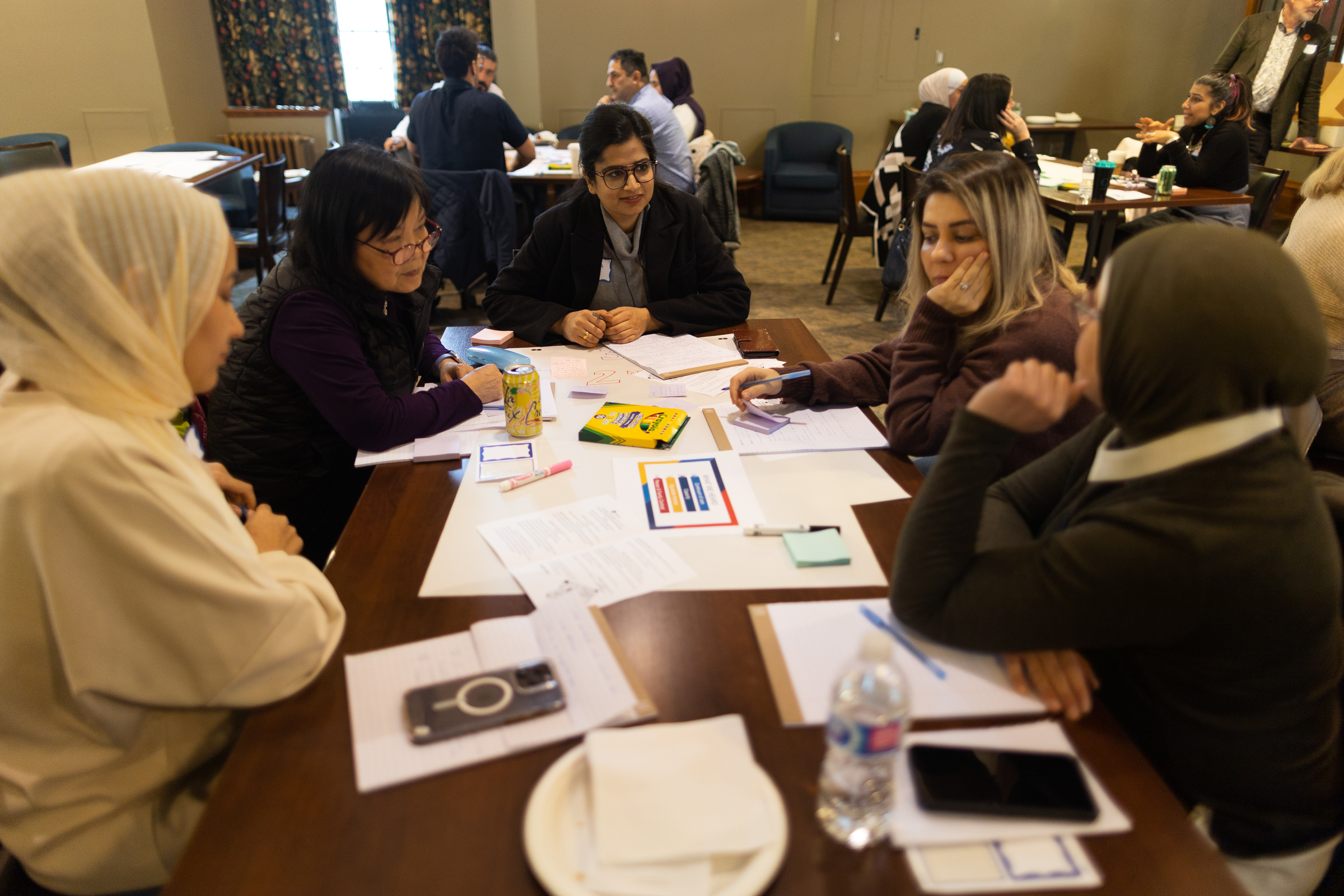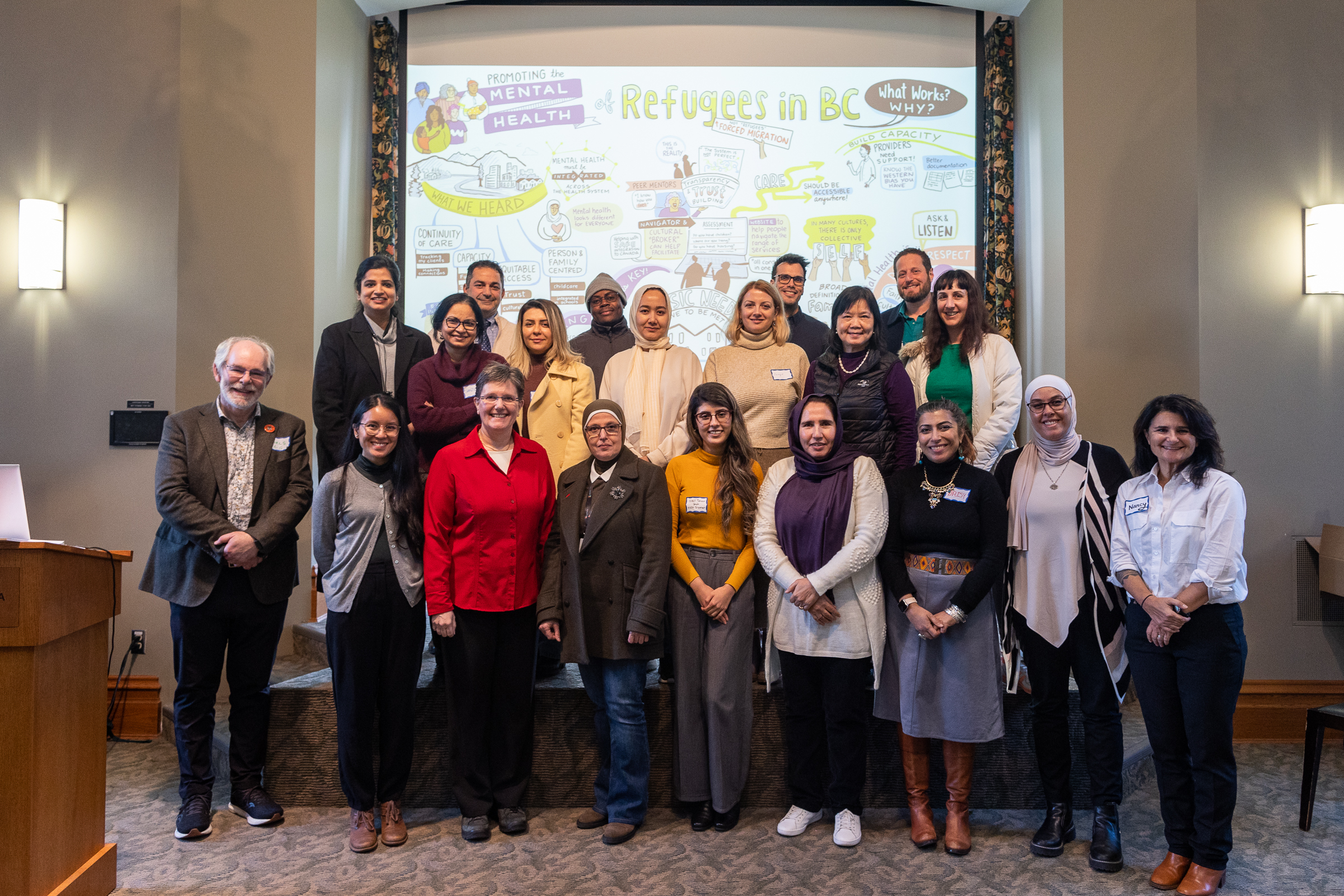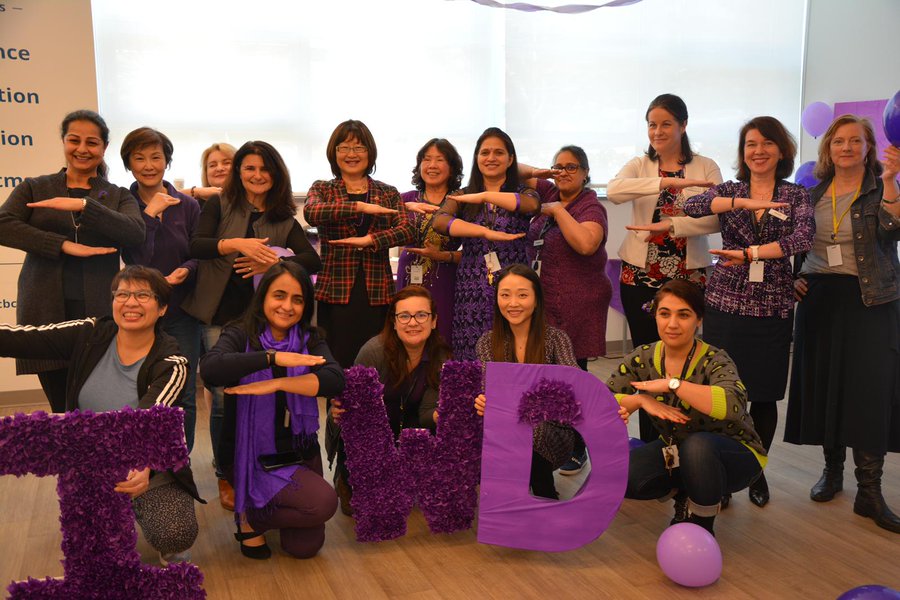nancy
clark
My areas of focus



Immigrant and refugee mental health
Sixty percent of the population risk of illness is linked to the social determinants of health, and immigrant, refugee, ethno-cultural and racialized (IRER) groups are more exposed to these social factors. Twenty percent of British Columbians are racialized immigrants or refugees and suicide is ten times more likely amongst racialized immigrants and refugees. (Hansson,et al 2012). My program of research seeks to inform mental health policy and practice on moving toward equitable and culturally safe mental health services and supports for IRER groups.
Community Engaged Research
My research is community engagement that involves partnerships with immigrant and refugee service organizations to conduct research that produces results that are meaningful to communities and which have an impact on the mental health and wellbeing of immigrant, refugee, ethno-cultural and racialized groups. Community partners include MOSAIC: Options Community Services Society; Diversecity; Inter-Cultural Association of Greater Victoria; WorkBC. I also collaborate with CARES for equitable health, a Community Alliance of Racialized Ethnocultural Services (CARES) BC which works in collaboration with the BC Health Coalition to improve culturally safe and equitable access to primary health care for newcomer and racialized communities.
Health Care Equity and Social Justice
Building on my dissertation work, my program of research focuses on social and structural inequities experienced by under-served population groups including groups negatively affected by displacement, i.e., refugees as well as other groups that experience structural vulnerabilities due to their age, sex/gender, ethnicity/race, class/poverty and their mental health status. As a result of this work, my program of research and scholarship addresses public policy and the mental health of under-served communities.
I am particularly interested in innovative theoretical approaches such as intersectionality which seek to disruptracism, classism, ableism, and sexism and which perpetuate social exclusion, discrimination, and poverty.
Video
Working with community
In this video, I speak about my research, and how I use peers and community members to promote cultural safety and to co develop research for communities that have experienced forced migration.
About Me
My research and scholarship is informed by social justice, intersectionality and equity oriented health policy. My research area focuses on intersecting determinants of mental health of immigrants and refugees, ethno-cultural and racialized communities. As a first generation immigrant, racialized nurse and interdisciplinary scholar, I come to this work with a deep commitment to improve barriers to healthcare services and the promotion of culturally safe mental health care for groups who may experience structural vulnerability as a result of their migration status and other intersecting determinants of their mental health.
BIOSKETCH
Nancy Clark, Ph.D, MSN, RN is an associate professor in the School of Nursing, at the University of Victoria (UVic). Her research focuses on immigrant and refugee mental health. Nancy has co authored publications in the areas of social determinants of refugee mental health, application of intersectionality in research with refugees, immigrant women and gender based analysis with refugee men. Current published articles include 24 peer reviewed research articles, 9 book chapters. Nancy received the 2020 outstanding contributions in research Award of Excellence in Advancing Nursing Knowledge & Research from the Association of Nurses and Nurse Practitioners of BC (NNPBC) and currently holds a MSHRBC Scholar Award $90k/year (2024-2029), HSD Early Career Award $500 (2022), and UVic’s Presidents Chair $40k annual (2023-2029) with over 28 research grants totalling 5 million in funding and a recent NFRF submission ($144k/6yrs). Nancy’s work seeks to advance social justice, human rights and health equity for people that experience forced dicplacement, including refugees.